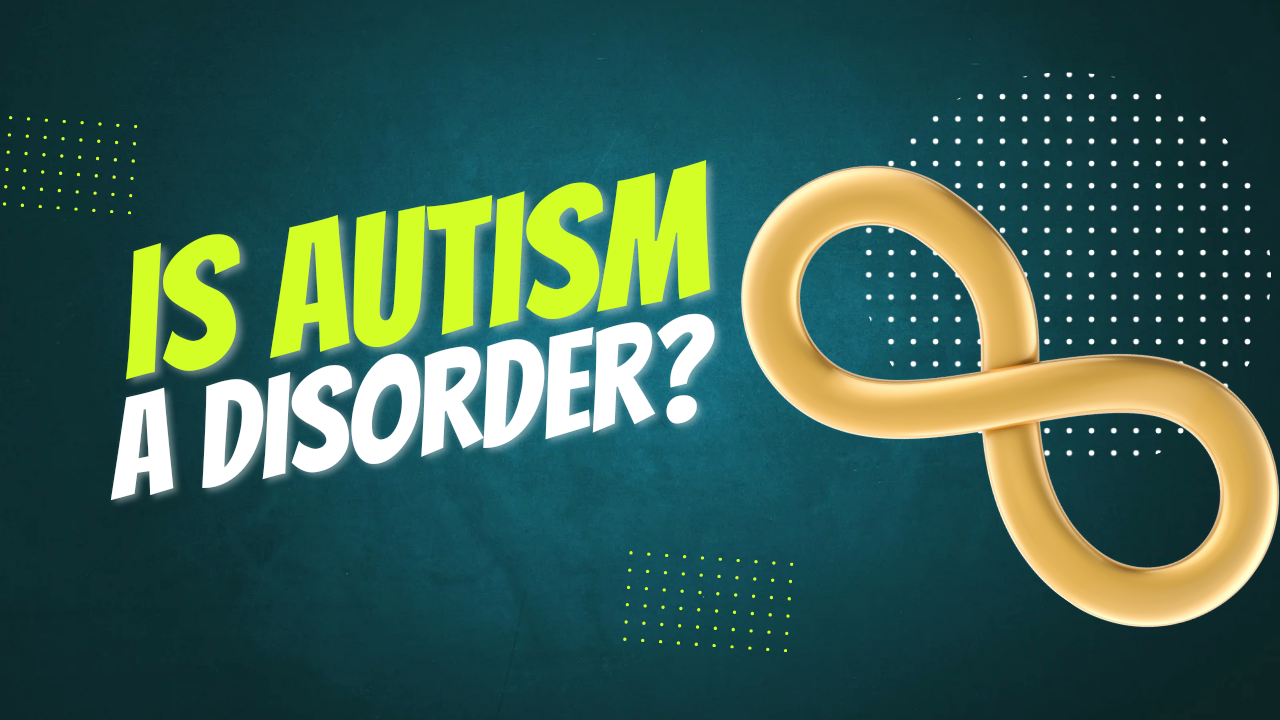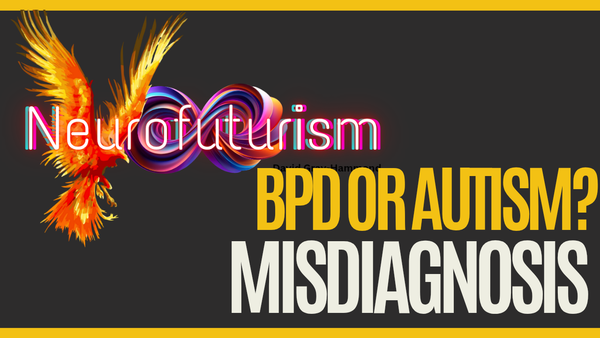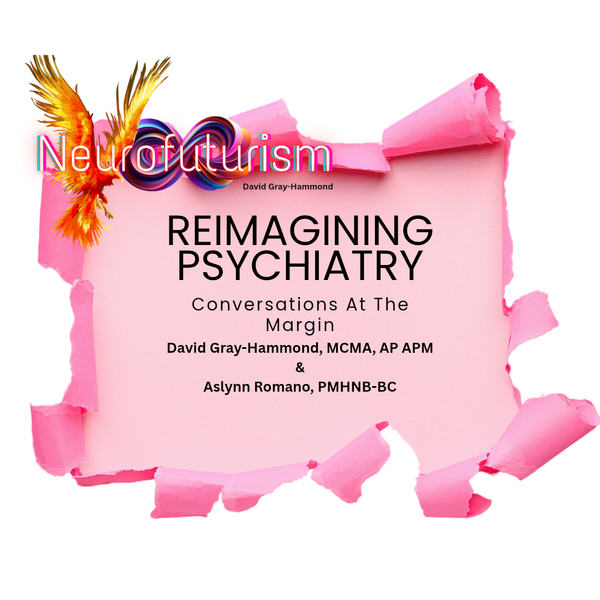Is autism a disorder?
Is autism a disorder? This has been a point of contention for a long time. In this article, David explores this question through his own experience.

If you have followed my work for any length of time, you will more than likely be aware that a lot of it focuses on autism. It stands to reason that this would be a focus. Not only am I Autistic, but my formal recognition of being Autistic might just be one of the single most important occurrences of my life. Having gone through years of addiction (as of writing this, I am 8 years sober), being diagnosed Autistic allowed me to know myself in a way that significantly improved my life.
Having been active in the neurodiversity movement for what feels like an eternity (it's actually a little closer to 8 years) I have heard various explanations of whether or not autism should be seen as a disorder. The prevailing preference of the Autistic community is that autism is not a disorder (see the survey I ran on this here), but thought perhaps I should give some time to exploring this.
The myth of high and low functioning autism
One of the arguments made to position autism as a disorder is that neurodiversity advocates do not experience a significant enough degree of disability to have a balanced opinion. We are viewed as "high functioning". This assumes that life is relatively straightforward for us when compared to our so-called "low functioning" counterparts. There are two main issues that come to mind in these cases:
- The assumption that I experience less disability in this case is based on the observers' experience of me, not my own experience
- The observers experience of me is based on capitalist notions of productivity and colonial neuronormative standards of communication and self-expression.
Make no mistake. In the eyes of many, I may not be disabled enough to have an opinion, but I am still too disabled and strange in my manner to be treated as an equal. I essentially exist as a living superposition of being both too Autistic, and not Autistic enough. In the same sense, those deemed "low functioning" are rarely asked of their own experience because the default assumption is that they can not articulate that experience. They are effectively silenced by a world that insists on speaking for them.
Disorder or Condition?
When I was early into my journey of Autistic discovery, I used to be proud that my diagnosis use the word "condition" rather than "disorder". To me, this seemed like progress. As time has rolled onward however, I have come to realise that neither of these labels are comfortable to me. Disorder implies that something within me is broken. If one is disordered, then order needs to be brought to us. Condition, on the other hand, speaks to me of a perceived "good condition" human that is not me. It tells me that I am something other than what is expected. Both are the language of the pathology paradigm.
Rather than diagnostic categories and language, I have come to prefer plain old "Autistic". Autistic David is what actually exists. I am not a collection of criteria. I am an Autistic human with thoughts, hopes, dreams, and a penchant for making most situations awkward. When I hear parents say, "I love the child, not the disorder", I hear them confess that they love an idea of a child more than the one they have.
Autism is a disability, so surely it's a disorder?
"The [social] model [of disability] says that people are disabled by barriers in society, not by their impairment or difference. Barriers can be physical, like buildings not having accessible toilets. Or they can be caused by people's attitudes to difference, like assuming disabled people can't do certain things."
Scope
Disability has been a contentious issue within neurodiversity circles with some being vocal that we should distance ourselves from the word "disability". In truth, this is rooted in ableism. Disability is not a bad word. It is something done to us and not something that makes us less than human, or some incomplete being.
One of the primary arguments against the neurodiversity movements social model leanings has been that not every aspect of our disability can be accommodated well enough to alleviate our experience of disability. The social model, however, does not suggest that we make disability disappear. It instead asks us to create a world that is broadly accessible to the increasingly varied bodyminds that exist within it.
Disability does not have to equal disorder. Autism, like any type of neurodivergence, should not be viewed as positive or negative. It is neutral. The idea that human experience is wholly good is toxic positivity, while the belief that it is wholly bad feels a little too nihilistic for me. Autism is a human experience. It is subject to the positives and negatives of life, even if what quantities those experiences looks a little different for us.
Concluding on autism as a disorder
In my opinion, autism is not a disorder. To say it is requires us to fall into a false binary of viewing human experience in a non-neutral manner. Autism is neutral, and Autistic people suffer more from society and the people within it than they do because of anything inherent to them. We would do well to remember that humanity is not a homogenous sample of beings. By our nature, we are individuals. Quetelet's "average man" is a myth that has coloured our perception of diversity, and I would ask that in the 21st century we begin to move on from the concept of normal.
Just because a person is disabled does not mean they are broken or disordered. Disability is a state of oppression, and to assume that our bodies invite disability upon us is to strengthen the system that has held us at the lower tiers of societies hierarchy of humanity. A person should not be labelled disordered based on neuronormative standards of communication, expression, and experience of the world.


